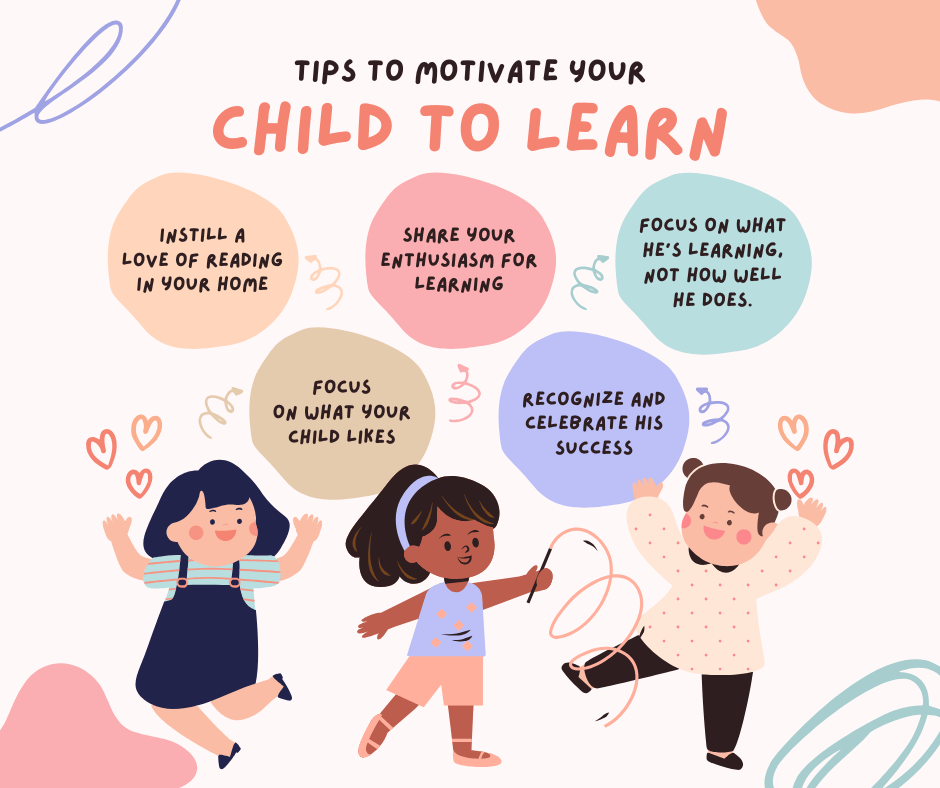
Introduction
Early childhood particularly the period from birth to five years of age represents a critical phase in human development. During this time, the brain undergoes rapid and complex growth, forming neural connections at a pace unmatched in later stages of life. Research in neuroscience, psychology, and education consistently underscores the profound impact of early experiences on cognitive, emotional, social, and physical development.
By the age of five a child’s foundational skills including language acquisition, emotional regulation, and problem-solving abilities are significantly shaped by the quality of care, stimulation, and relationships they experience. These early influences not only affect immediate well-being but also have long-term implications for academic achievement, mental health, and socio-economic outcomes.
Evidence from numerous longitudinal studies demonstrates that children who attend high-quality early education programs tend to show greater readiness for primary school. Such programs often feature trained educators, age-appropriate curricula, and environments that promote exploration, interaction, and inquiry-based learning benefits include:
-
Enhanced Cognitive Development: Exposure to early literacy and numeracy activities stimulates brain development and improves early academic skills.
-
Improved Social Competence: Children learn to cooperate, share, resolve conflicts, and follow structured routines, fostering emotional intelligence and self-regulation.
-
Language Acquisition: Immersive language-rich environments expand vocabulary, comprehension, and communication skills—crucial predictors of later academic success.
-
Equity and Access: For children from disadvantaged backgrounds, early education can serve as a powerful equalizer, reducing achievement gaps and promoting upward mobility
The Role of Play in Learning
Play is not just leisure for children it’s a critical part of learning and development. Through play, children explore the world around them, test ideas, and develop vital cognitive, physical, and social skills that form the foundation for lifelong learning.
How Play Builds Cognitive, Physical, and Social Skills
1. Cognitive Development
Play stimulates thinking and problem-solving abilities. It fosters creativity, imagination, and language development.
-
Problem-solving: Building blocks or puzzles challenge children to think logically and develop strategies.
-
Symbolic thinking: Pretend play helps children understand symbols and representation, a foundation for reading and math.
-
Language skills: Role-playing and storytelling enrich vocabulary and sentence structure.
2. Physical Development
Play supports gross and fine motor skills, coordination, and physical health.
-
Gross motor skills: Activities like running, climbing, or playing tag enhance strength, balance, and coordination.
-
Fine motor skills: Manipulating small objects like beads, drawing, or using tools improves hand-eye coordination and dexterity.
-
Health benefits: Active play encourages physical fitness and healthy growth.
3. Social and Emotional Development
Through play, children learn how to interact, manage emotions, and build relationships.
-
Cooperation and negotiation: Group play teaches turn-taking, sharing, and conflict resolution.
-
Empathy and perspective-taking: Role-play helps children see the world through others’ eyes.
-
Self-regulation: Games with rules help children control impulses and follow directions.
Examples of Effective Play-Based Learning
1. Pretend Play (Dramatic Play)
-
Children create imaginary scenarios, such as playing house or pretending to be doctors.
-
Develops storytelling, empathy, and complex social interactions.
2. Constructive Play
-
Activities like building with blocks, LEGO®, or sand structures.
-
Enhances spatial awareness, planning, and engineering thinking.
3. Outdoor Play
-
Running, climbing, or nature exploration.
-
Supports physical development and curiosity about the natural world.
4. Games with Rules
-
Board games, card games, or simple team sports.
-
Teach patience, rule-following, strategy, and fairness.
5. Sensory Play
-
Activities involving textures, sounds, or movement, such as water tables, playdough, or musical instruments.
-
Promotes sensory integration, fine motor skills, and creativity.
6. Guided Play
-
Adult-initiated activities with clear learning goals, like a scavenger hunt focused on colors or shapes.
-
Combines the freedom of play with intentional learning.
Parenting and Caregiver Support
The role of parents and primary caregivers during early childhood is foundational to a child’s emotional, cognitive, and social development. A nurturing and responsive caregiving environment is essential for fostering secure attachment, which serves as a psychological anchor for the child as they explore the world, form relationships, and build their sense of self.
How Caregivers Shape Emotional Resilience
Emotional resilience the ability to cope with stress, adapt to change, and recover from adversity develops in early childhood through repeated, supportive interactions with caregivers. Children learn to regulate emotions, express needs, and develop coping strategies through modeled behavior and guided responses.
Conclusion:
Play is a powerful tool for learning. When children engage in playful experiences, they aren’t just having fun they’re building the skills necessary for academic success and personal growth. Integrating play into educational settings helps create well-rounded, resilient, and curious learners.
Children who experience emotionally responsive caregiving are better equipped to navigate the challenges of school, peer relationships, and later life stressors. In contrast, inconsistent or emotionally unavailable caregiving is linked to increased risk of anxiety, depression, and behavioral difficulties.




